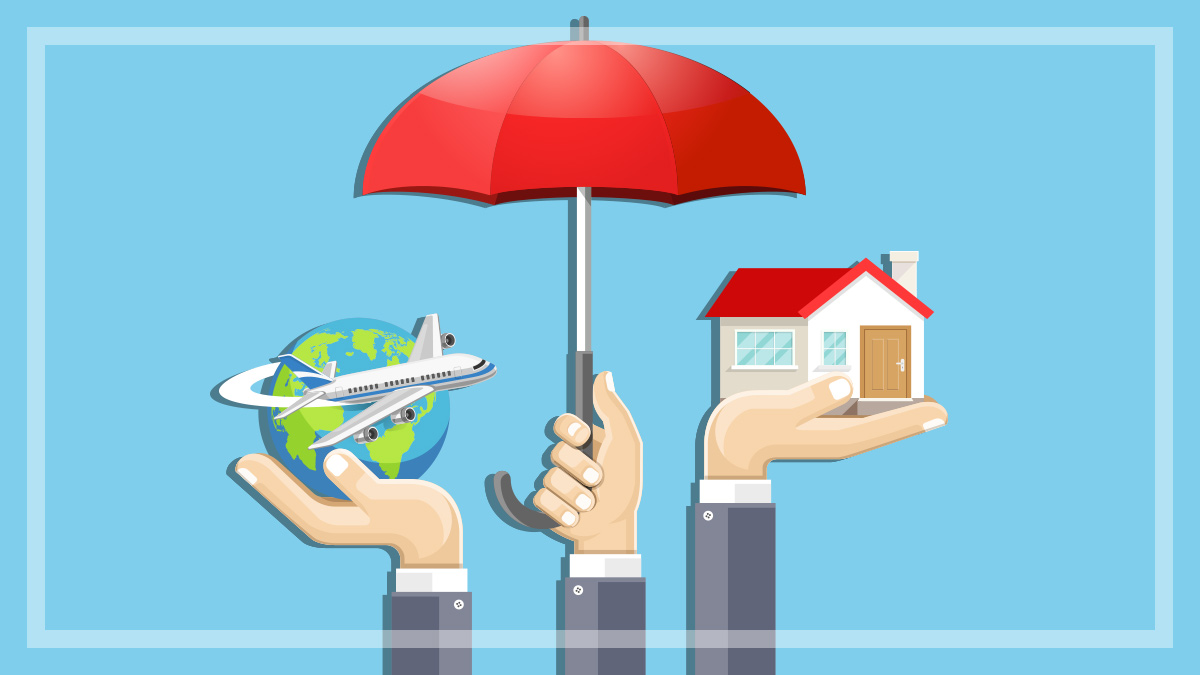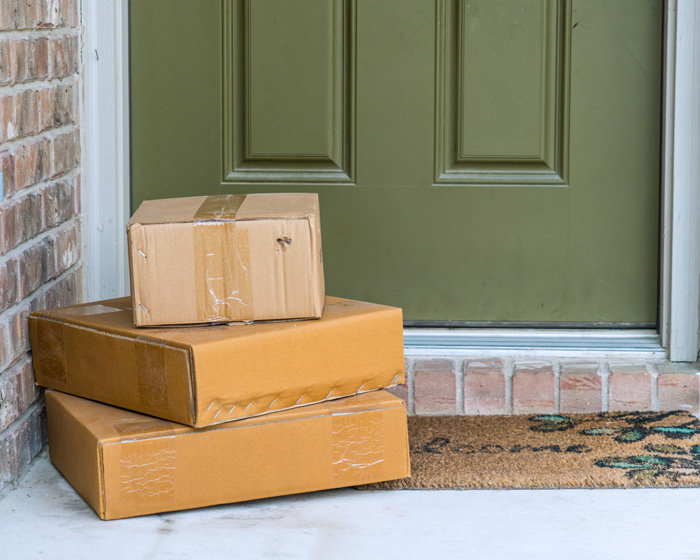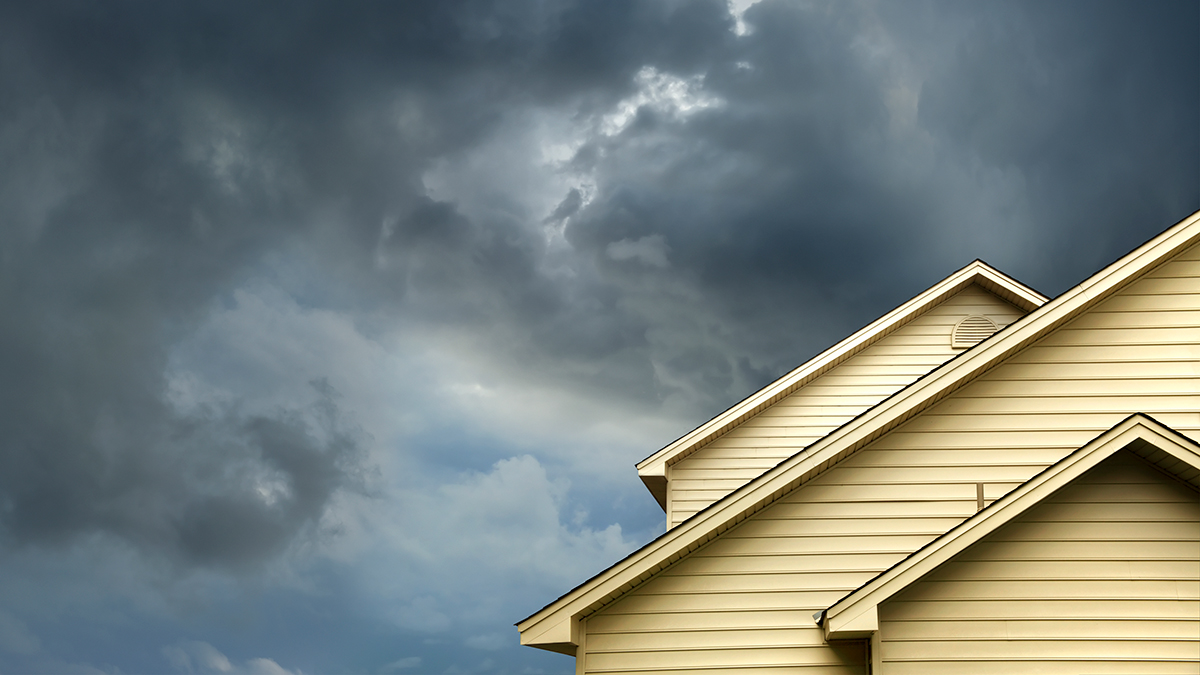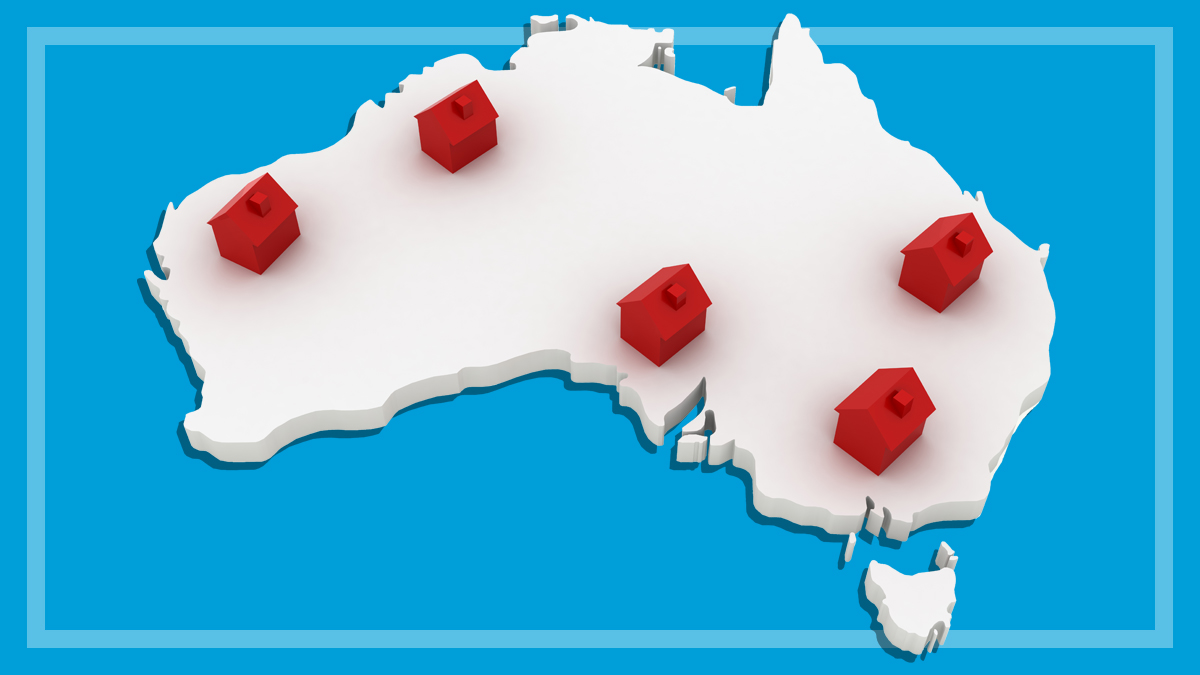Get our independent lab tests, expert reviews and honest advice.
How to make sure your home is still insured while you’re on holiday

Need to know
- Your insurer might cut your cover if you leave your home unoccupied for more than 60 days without telling them
- Most insurers impose an additional excess on unoccupied homes
- Even if you have a house-sitter or Airbnb guests, you may still need to tell your insurer
If you’re planning an extended trip away from home, perhaps that long-awaited overseas adventure or a sabbatical to a holiday house, then checking your home insurance is something to add to your to-do list before you go.
We take a look at what insurers mean by ‘extended leave’, what happens if you have a house sitter or Airbnb guest, and what the risks are if you don’t tell your insurer you’re away.
Should I tell my insurer I’m going on an extended holiday?
“Most definitely yes,” says CHOICE home insurance expert Daniel Graham.
“Almost all insurance product disclosure statements (PDS) will include the requirement that you inform them if your home will be unoccupied, typically, for 60 or more days,” says Graham. “Insurers handle unoccupied homes in one of three ways: most will impose an additional excess on events that occur while your home isn’t occupied. Some will make you pay an extra premium instead, or they might only cover you for a limited set of weather events, instead of the full range of insured events covered by the policy.”
Your policy might have additional criteria that you need to meet, such as having someone check in on the property once a week, or having the lawns mown regularly
CHOICE home insurance expert Daniel Graham
Most of the policies in our home and contents insurance review require you to tell your insurer if you’re away for 60 days or more, a few give you 90 days away without having to let them know, and one gives you 180 days where you’re still covered by your regular policy.
“Your policy might have additional criteria that you need to meet, such as having someone check in on the property once a week, or having the lawns mown regularly,” says Graham. “Each insurer defines ‘unoccupied’ in their own way, so it’s important to read your policy documents to properly understand your cover.”

How does extended leave affect the conditions of your policy?
Companies that cover extended leave generally require customers to pay either a higher premium or a higher excess for that period. Depending on which company you’re with, you may also need to meet other requirements, such as having someone mow your lawn, collect your mail and regularly check on the house.
This won’t just apply to those heading overseas, so if you’re planning a long trip within Australia, you’re staying elsewhere while you renovate, receiving long-term medical care in a hospital or a rehab centre, or you’ve moved out while trying to sell or rent your property, make sure you check your insurance.
Can an insurer deny your claim during your extended leave?
According to Daniel Graham, they can. But it also depends on your insurer.
“If you haven’t informed your insurer and met your duty of disclosure responsibilities,” says Daniel, “they can either not cover you at all, or not cover you for certain events, such as theft or leaks, or they can charge you an additional excess on top of what you’re already paying.
“It comes down to a case-by-case basis.”
Why does it matter if there’s nobody at home?
An empty house isn’t just a bigger risk for insurance companies, but also for owners. Your home might be at increased risk of vandalism, theft, and damage from weather-related events such as storms, floods, cyclones, bushfires and blizzards.
A house that looks empty is tempting to thieves. According to data from the Australian Institute of Criminology thieves look for signs that a house is unoccupied. These include:
- rubbish bins left out on the curb
- no lights turned on at night
- no cars in the driveway
- uncollected mail
- overgrown garden or lawn.
Aside from break-ins, another risk for an empty home is if something goes wrong.
Damage from a leaking washing machine, burst pipe or severe weather might not be discovered for weeks or even months. This raises the risk of a small incident becoming something more serious while you’re away.

I rent – do I need to tell my landlord I’m going away?
As a renter, you’re not responsible for taking out insurance to protect the property. However, your lease may require you to inform your landlord if you’re going to be away from the property for an extended period of time. Either way, it’s a good idea to let your landlord know if you’re going on a long trip.
If you have renter’s insurance, read through your PDS carefully and make sure you understand what effect your absence might have on your coverage. If in doubt, check with your insurer.
Is my home classed as ‘unoccupied’ if I have a house-sitter?
“Having a house-sitter will usually meet the criteria for occupancy,” Graham says. “It comes down to the way the insurer defines ‘occupied’ and often if someone is eating, sleeping and living in your home, then it’s occupied. If it’s only someone staying there one night every once in a while, this might not meet the requirements and your insurer might consider that an unoccupied home.”

Do Airbnb guests make my home ‘occupied’?
It does, according to Graham, but that doesn’t necessarily mean you’ll be covered.
“Once you add in tenants it becomes a business situation,” he says. “Home insurers don’t want to take on the added risk of covering someone’s home business, and are increasingly writing exclusions for short-term letting into their policies.”
If you’re planning to have Airbnb guests stay in your home for some or all of your extended holiday, you must discuss it with your insurance company, advises Graham.
“Not only do you need cover for your building and contents, but if you’re renting out your home you need cover for legal liability,” says Graham. “The last thing you want is to have paying guests injure themselves and damage your property, then find out your insurer won’t cover you for either.”
Home insurers don’t want to take on the added risk of covering someone’s home business, and are increasingly writing exclusions for short-term letting into their policies
CHOICE home insurance expert Daniel Graham
In November 2023, the Insurance Council of Australia urged homeowners planning to rent out their properties to ensure they had the right insurance in place.
“Standard home and contents insurance can exclude coverage for short-term rentals,” they said. They advised homeowners planning to rent out their properties to:
- check their building and contents insurance policy details prior to advertising on short-stay holiday rental platforms. If the policy doesn’t cover short-term rental look for a specialty policy that protects both home and contents while paying guests are staying
- be aware that rental platform’s host protection insurance may not cover all the potential damages you expect
- reduce the risk of theft by removing valuables during the short-term stay
- check strata rules, tenancy agreements, and local council laws because these may prohibit short-stay holiday rental.
Most people don’t know whether they are covered
One of the challenges around extended leave and insurance is that most people are simply unaware it’s an issue.
Reading their PDS in detail can help you understand the terms that apply in this situation, but as Daniel says, PDS documents aren’t typically an easy read.
Take the time to read through your policy or talk to your insurer about it
“We know that people very frequently don’t read their policy documents,” he says.” They’re often very long documents, they’re confusing, they’re written in complex legal language and people just don’t have the time to get their head around all the details.
“This is something that would really come up on an ad hoc basis, so it’s not something you’re likely to do often.”
As with most forms of insurance, the devil is in the detail. So it’s worth taking the time to read through your policy or talking to your insurer about it, and what you need to do to make sure your home and valuables remain covered.
Going on an extended holiday?
Make sure your home is still insured while you’re away.
Check your policy.
Gives insurer dates.
Organise mail collection, lawn mowing, etc.
Consider installing a security camera or alarm.
Consider turning the water off at mains, but be aware this may cause your insurer to consider your home ‘unoccupied’. You’ll need to check your policy to know if this applies to you.
Take the insurance plan number and name with you.
Get all agreements with the insurer in writing.
Holiday checklist
- Read your policy carefully well before you leave. If anything is confusing or unclear, call your insurance company to talk it through.
- Give your insurance company your holiday dates as far in advance as possible.
- If your insurance company has any requirements (such as having someone collect your mail or mow the lawn), make arrangements with a friend, neighbour or professional service for the time you’ll be away.
- Consider installing a security alarm or security camera.
- Consider turning off your water at the mains.
- Take basic details of your insurance with you on your holiday, such as your membership number and the name of your plan.
- Make sure you have all agreements with your insurer in writing.






